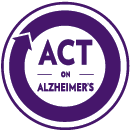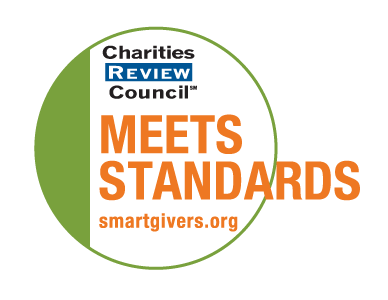Cultural Competence and Awareness
An ethnic or cultural background is important in being evaluated for dementia. Below are resources that provide a starting point and a general perspective for understanding a person’s norms and values based on their diverse background.
Cultural sensitivity training is encouraged for all providers to improve their knowledge and care of diverse patients/clients with chronic illnesses, including dementia.
Perception of the individual with dementia is an important component of person-centered care.
According to the National Institute of Health, “Cultural competence is critical to reducing health disparities and improving access to high-quality health care that is respectful of and responsive to the needs of diverse patients. When developed and implemented as a framework, cultural competence enables systems, agencies, and groups of professionals to function effectively to understand the needs of groups accessing health information and health care — or participating in research — in an inclusive partnership where the provider and the user of the information meet on common ground.”
Resources for Professionals
Culture Care Connection (online learning and resources center)
Supporting health care providers, staff, and administrators in providing culturally competent care in Minnesota.
Think Cultural Health (web-based resources and tools for cultural and linguistic competency)
Advancing health equity by developing and promoting culturally appropriate services across public health and health care systems.
Ethnogeriatrics Overview (peer-reviewed geriatrics curriculum for multi-cultural population)
Choose a culture from the left scroll box and download the PDF. For a quick primer, read the content of these sub-headings:
- Health Beliefs
- Causes of Illness and Approaches to Intervention
- Culturally Appropriate Geriatric Care: Delivery of Care
- Access & Utilization Topics
Improving Care for Populations Disproportionately Affected by Alzheimer's Disease and Related Dementias (report from the task force on specific populations)
Using a plan of action to address the needs of specific populations disproporationally affected by Alzheimer's disease.
Dementia Care Network Replication Manual
Creating a service delivery model defined as "an integracy and community approach to ethnic specific dementia care service deliver."





